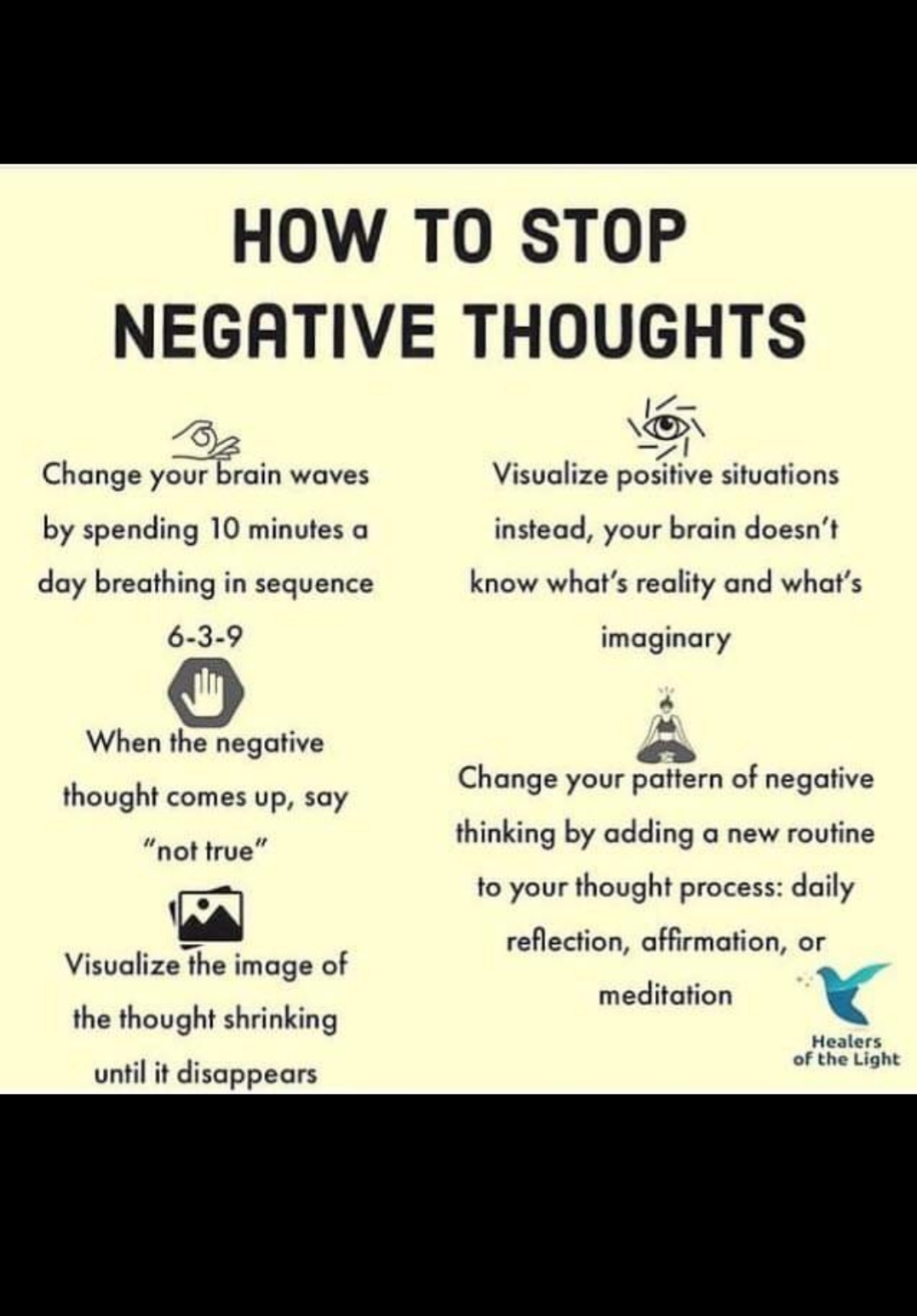Many of the people I meet in my practice want to stop being affected negatively by past events or experiences. But what does this really take? One answer, is the processing of emotions that are attached to the memories. So I thought I would take a brief look here at what ‘processing’ really looks like.
There are many forms of psychotherapy out there. In my Gold Coast psychology practice, I adopt an individually tailored approach that adopts aspects from several of the alphabet soup collection of evidence-based therapies. You may have heard of some of them; Cognitive Behaviour Therapy (CBT), Acceptance & Commitment Therapy (ACT), Dialectical Behaviour Therapy (DBT), Motivational Interviewing (MI) and Eye Movement Desensitisation & Reprocessing (EMDR). The reason I mention these is that regardless of what therapeutic modality we adopt to build new skills, the underlying ‘processing of emotions’ remains a necessary component of our healing and runs as an undercurrent throughout your psychology sessions.
This is what emotional processing looks like in step by step form. You don’t need a therapist to do this, though a helpful and non-judgmental person may help you along the way for reflection and encouragement.
1) Notice: Pay attention to your emotional state when either recalling a past memory or in-the-moment when your emotions are triggered. Take a deep breath. Feel. Don’t think. Feel. Notice what is happening. Bring your attention to your present experience as much as you can.
2) Name it/ them: State what you feel. “I am sad” “I feel angry”. If you can’t pinpoint a word, try an emotion wheel like this one (I’ve left it big so you can print it out for the fridge if you like).
3) Feel it: Stay with the feeling, even if it is hard. Notice what it feels like in your body. Stick with it through your discomfort. These are only feelings.
4) Relax into it: Take a few deep breaths. Notice if the feeling changes or shifts. DON’T JUDGE YOUR EXPERIENCE. Notice how your mind may try to take you out of it.
That’s it… Processing your emotions is one of the simplest yet most challenging things we face psychologically as overthinking human beings. Research indicates that the more skilled you are at doing this though, the less intra-personal (within yourself) and interpersonal (with others) conflicts you will face.
Keeping a journal can help to take this experience further or help you to deeper understand yourself. It can also help you see patterns in your thinking-feeling relationship and what triggers pop up frequently in your life.
Moving your body can be a really helpful way to process some of the physiological energy that emotions create. Dancing, yoga, running etc. Express the emotional state you are feeling. There are healthy ways to express all of the human emotions that don’t involve harming yourself or anyone else in any way.
Take care everyone and be kind to yourself. If you want some practice processing emotions, drop in to our Burleigh Heads psychology clinic or email me directly for more information.
Note: If you’re reading this and are experiencing suicidal thoughts and have not practiced something like this before, I urge you not to, and instead call Lifeline (131114) or the Acute Care Team (1300 MH CALL) if you do not feel safe.
Likewise, if this practice becomes too overwhelming, I encourage you to enlist the help of a mental health professional for support. Don’t judge yourself. It’s just a practice like any new skill.











